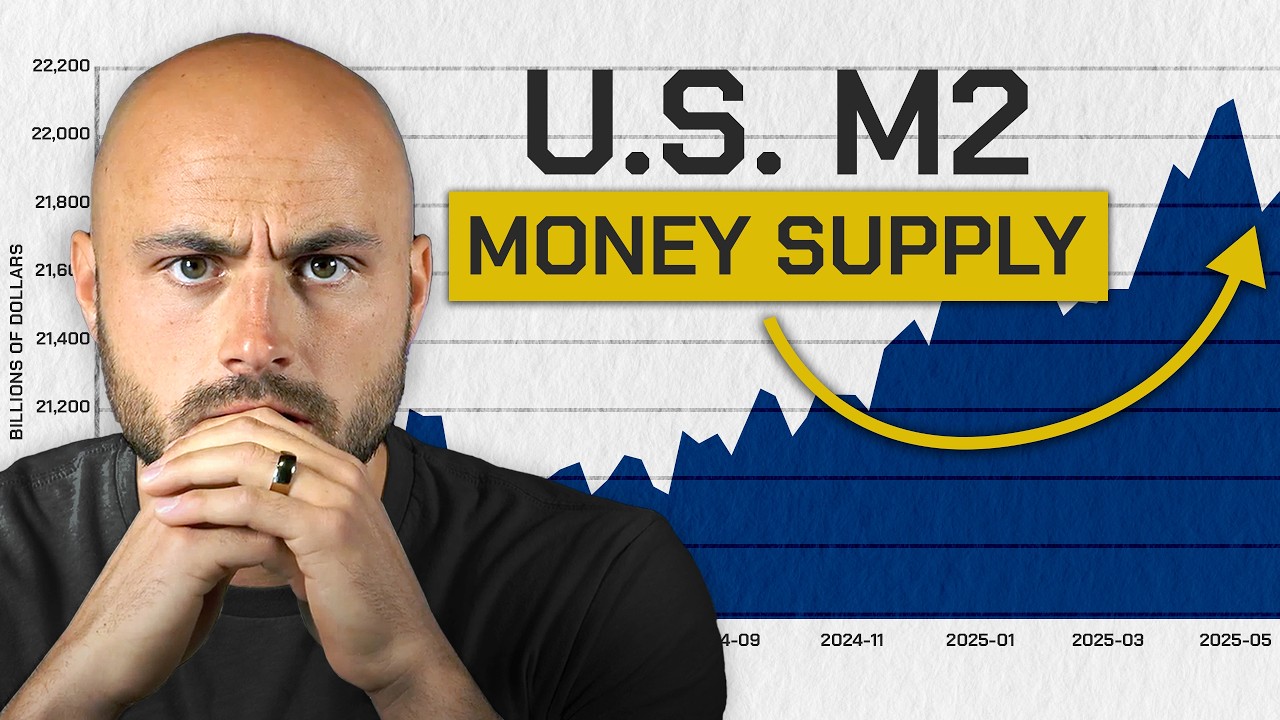A stablecoin is a type of cryptocurrency designed to maintain a stable value, typically pegged to an external asset like a fiat currency (e.g., the US dollar) or a commodity (e.g., gold).
How Companies Are Bracing for Trump’s Immigration Crackdown
Sectors including construction, hospitality, health care and manufacturing are on high alert. Economists are worried about the labor market and growth.
By Andrew Ross SorkinBernhard WarnerSarah KesslerMichael J. de la Merced and Danielle Kaye, The New York Times, June 12, 2025
[snip lots of economic news]
Could crypto prop up America’s finances?
The GENIUS Act passed a significant Senate procedural hurdle on Wednesday, moving one step closer to expansive new regulations of so-called stablecoins.
While some critics of the bill fear that it will let tech companies become more powerful, another significant debate has emerged over whether it will bolster or undercut America’s banking system and financial markets.
Stablecoins could grow into a greater than $2 trillion market in the coming years, Treasury Secretary Scott Bessent testified on Capitol Hill on Wednesday. If that prediction holds, stablecoin issuers would need to buy a lot of liquid assets — think short-term Treasury notes and bonds, as well as dollar deposits — to back their digital tokens, and that could strengthen the buck and bring down certain Treasury yields… [end quote]
The so-called “GENIUS Act” is still being debated. Currently, stablecoins are part of the Wild West of crypto.
The GENIUS Act, formally known as the Guiding and Establishing National Innovation in U.S. Stablecoins Act, is a U.S. Senate bill that aims to establish a federal regulatory framework for payment stablecoins. It defines payment stablecoins, outlines clear procedures for obtaining licenses to issue them, and sets requirements for reserves and operations. The bill aims to provide clarity and stability to the stablecoin market, which is a form of digital currency pegged to a fixed value, typically a currency like the U.S. dollar.
If the GENIUS Act were to pass, by law, stablecoins would need to back up their crypto dollars with actual dollars and/ or Treasury obligations. Unlike banks, stablecoin issuers tend to hold short-term Treasury bills. The potentially huge scale of stablecoin buying of T-Bills could force Treasury to push the balance of funding toward the short durations in order to avoid raising short-term yields.
In a way, stablecoins hearken back to pre-Civil War America when banks issued their own currencies because the government did not yet have a paper currency. If today’s government (Treasury and Federal Reserve) decided that the crypto world really needed a stablecoin pegged to the USD it would probably be better for them to issue it themselves instead of putting it into the hands of private companies. But that’s not on the table right now.
Considering the $Trillions potentially involved in stablecoins (including domestic and international transactions) they could have the potential of causing a financial crisis. It’s no wonder that Congress is looking at regulating them similar to banks.
Wendy
